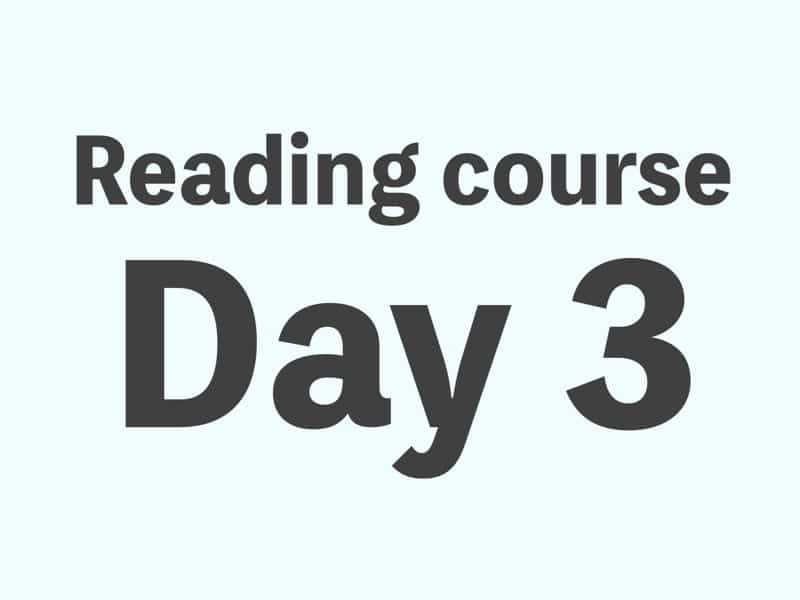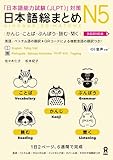Welcome to Day 3 of the Intensive Japanese Reading Challenge! If you’re preparing for the N5 level or just starting your Japanese journey, this challenge is perfect for you. Today, we’ll dive into simple yet practical reading exercises to strengthen your vocabulary, grammar, and comprehension skills. Let’s get started and make learning Japanese fun and rewarding!
I know not many people can afford going to Japanese language schools or taking online lessons, so I am here to help! Kindly subscribe to my YouTube channel and like my videos – that’s all I ask!
JLPT Textbook Recommendations
Reading
Check the previous lesson.
毎朝7時に起きます。月曜日から金曜日まで働きます。
毎日車で一人で会社へ行きます。仕事は9時から5時までです。
土曜日と日曜日は休みです。
今週の土曜日は、友達とモールとレストランへ行きます。
日曜日は、先生と10時から11時まで勉強します。
ひらがな
まいあさ7じにおきます。げつようびからきんようびまではたらきます。
まいにちくるまでひとりでかいしゃへいきます。しごとは9じから5じまでです。
どようびとにちようびはやすみです。
こんしゅうのどようびは、ともだちとモールとレストランへいきます。
にちようびは、せんせいと10じから11じまでべんきょうします。
Romaji
maiasa 7 ji ni okimasu. getsuyōbi kara kinyōbi made hatarakimasu.
mainichi kuruma de hitori de kaisha e ikimasu. shigoto wa 9 ji kara 5 ji made desu.
doyōbi to nichiyōbi wa yasumi desu.
konshū no doyōbi wa, tomodachi to mōru to resutoran e ikimasu.
nichiyōbi wa, sensei to 10 ji kara 11 ji made benkyō shimasu.
English
I wake up at 7 a.m. every morning. I work from Monday to Friday.
Every day, I drive to the office alone by car. Work is from 9 a.m. to 5 p.m.
I have Saturdays and Sundays off.
This Saturday, I go to the mall and a restaurant with my friends.
On Sundays, I study with my teacher from 10 a.m. to 11 a.m.
Key Grammar Points
来年の (らいねんの / rainen no): Refers to “next year’s.”
今年の (ことしの / kotoshi no): Refers to “this year’s.”
去年の (きょねんの / kyonen no): Refers to “last year’s.”
Examples
来年の3月 (らいねんのさんがつ / rainen no sangatsu) → March of next year
今年の3月 (ことしのさんがつ / kotoshi no sangatsu) → March of this year
去年の3月 (きょねんのさんがつ / kyonen no sangatsu) → March of last year
来週の (らいしゅうの / raishuu no): Refers to “next week’s.”
今週の (こんしゅうの / konshuu no): Refers to “this week’s.”
先週の (せんしゅうの / senshuu no): Refers to “last week’s.”
When combined with a noun, it shows something related to that week.
Examples
来週の月曜日 (らいしゅうのげつようび / raishuu no getsuyoubi) → Monday of next week
今週の予定 (こんしゅうのよてい / konshuu no yotei) → This week’s schedule
先週の天気 (せんしゅうのてんき / senshuu no tenki) → Last week’s weather






コメント